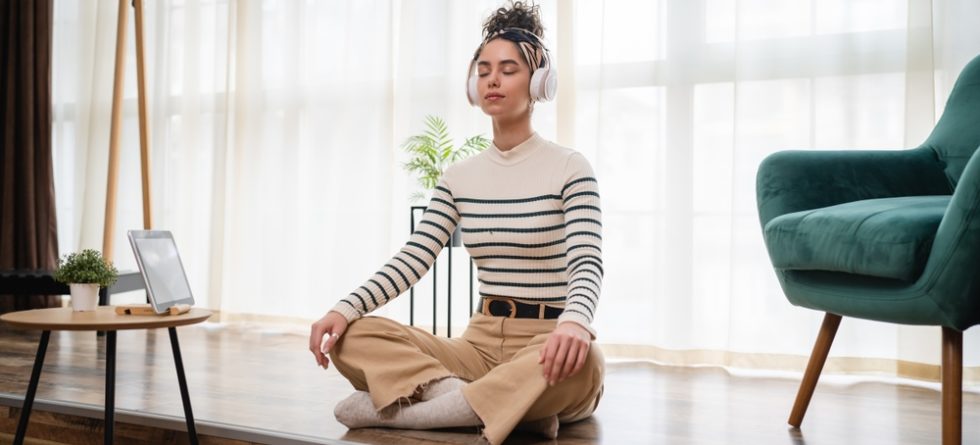Letting go of the need to control every aspect of your life can be challenging, but it can lead to reduced stress, increased well-being, and improved relationships.
Here are some steps to help you stop trying to control your life…
- Recognize and Acknowledge the Control Patterns – The first step is to become aware of the control patterns and behaviors that you engage in. Reflect on situations where you tend to be controlling and how it impacts your life and relationships.
- Understand the Root Causes – Explore the underlying reasons for your need to control. This may involve delving into past experiences, fears, or insecurities that drive the need for control.
- Practice Self-Awareness – Develop mindfulness and self-awareness to recognize when you are engaging in controlling behaviors. This awareness can help you pause and reflect before reacting.
- Accept Imperfection – Understand that life is unpredictable, and no one has control over every aspect of their life. Embrace the idea that imperfection is a part of the human experience.
- Let Go of Fear – Often, the need for control is rooted in fear—fear of the unknown, failure, or vulnerability. Practice facing your fears and building resilience to uncertainty.
- Focus on What You Can Control – Shift your focus to the aspects of your life that you can control, such as your actions, responses, and attitudes. Concentrate on making positive choices within your control.
- Set Realistic Expectations – Set achievable goals and expectations for yourself and others. Recognize that not everything can be perfectly controlled or predicted.
- Develop Trust – Cultivate trust in yourself, others, and the universe. Trust that things will work out, even if they don’t always go as planned.
- Seek Support – Consider seeking support from a therapist, counselor, or support group to explore deeper emotional issues and develop healthier coping strategies.
- Practice Patience – Understand that change takes time. Be patient with yourself as you work on letting go of control and developing new ways of relating to your life.
- Embrace Uncertainty – Embrace the uncertainty of life as an opportunity for growth and learning. Life’s unpredictability can lead to unexpected positive outcomes and personal development.
- Prioritize Self-Care – Engage in self-care activities that help you relax, reduce stress, and build emotional resilience. This may include meditation, exercise, hobbies, or spending time with loved ones.
Letting go of control is a process, and it’s normal to have setbacks along the way. Be compassionate with yourself as you work toward a healthier and more balanced approach to life. Seek professional help if you find that your need for control is significantly impacting your mental health or relationships.





